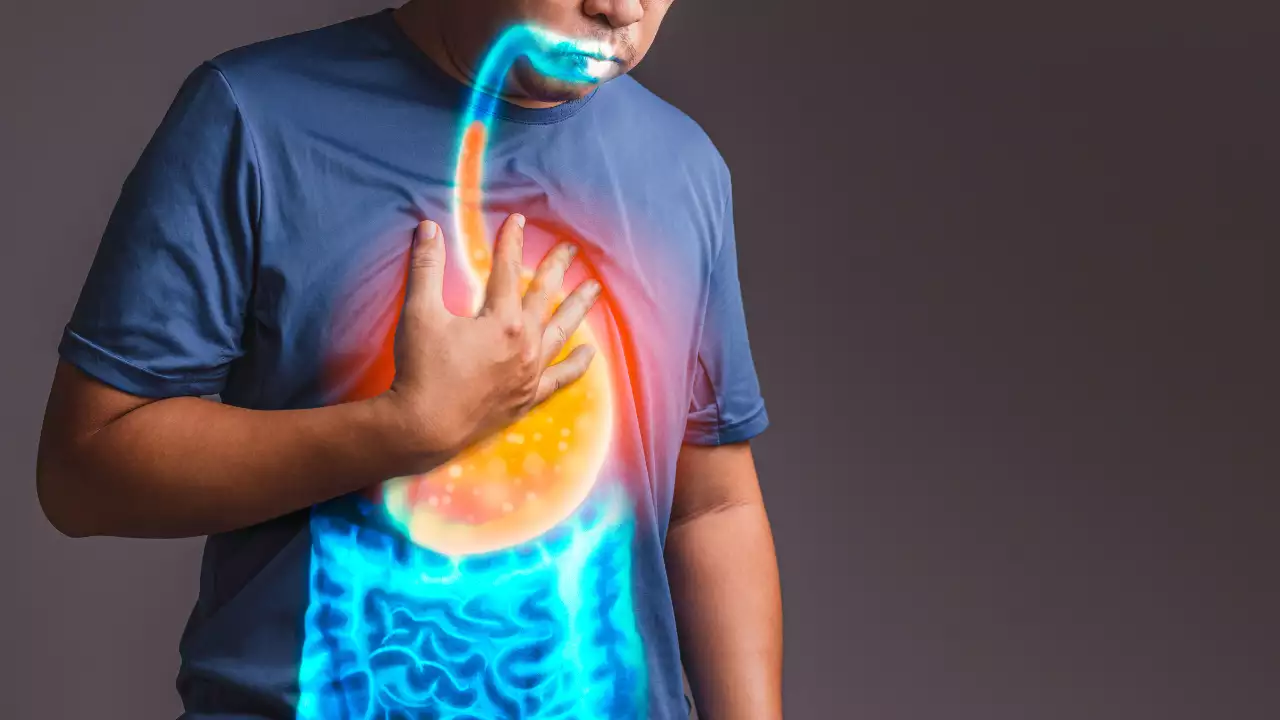Gastro-oesophageal reflux disease (GERD) is one of the most common digestive diseases. In this condition, the acidic contents of the stomach move back into the food pipe or oesophagus, causing multiple symptoms. In some cases, GERD can lead to ulcers in the oesophagus.
Dr. Bir Singh Sehrawat, Director and HOD-Gastroenterology at Marengo Asia Hospitals, Faridabad, explains that GERD is caused by the loosening of the esophageal sphincter, a structural defect at the lower end of the food pipe near the stomach. This issue becomes more pronounced with weight gain, sedentary lifestyles, or the consumption of substances that exacerbate reflux, such as caffeinated drinks, chocolate-based products, and oily or spicy foods.
"GERD can affect people of any age group, although its incidence increases with age due to muscle relaxation," Dr. Sehrawat adds. "While it is less common in children, we do see cases even in school-going children."
Symptoms of GERD include food particles regurgitating into the mouth or food pipe, burning sensations in the chest, pain during swallowing, vomiting, multiple episodes of coughing, recurrent sore throat, and pain in the upper abdomen.
To manage GERD, Dr. Sehrawat recommends important lifestyle changes, such as eating a healthy and balanced diet, avoiding spicy, oily, and heavy meals, and maintaining a normal weight with a body mass index (BMI) of 25 or less. "Regular exercise is essential, and it is advisable to raise the head of the bed and avoid lying down for 1-2 hours after meals," he advises. Additionally, meals should be smaller and taken in multiple portions throughout the day, while alcohol consumption should be avoided as it worsens symptoms.
If lifestyle modifications do not alleviate symptoms, Dr. Sehrawat suggests therapies, including syrups, tablets, and advanced endoscopic or surgical treatments. "GERD can be cured with the right approach, which begins with lifestyle and dietary changes, followed by medical therapies, and in some cases, surgery," he says.
GERD can significantly impact daily life. Dr. Sehrawat notes that persistent symptoms can lead to difficulty concentrating, professional inefficiency, and irritability. In severe cases, patients may experience blood in their vomit, requiring hospitalisation. "Reflux symptoms can cause severe burning in the oesophagus, affecting a person’s ability to perform their professional duties," he concludes.
Get Latest News Live on Times Now along with Breaking News and Top Headlines from Health and around the world.
